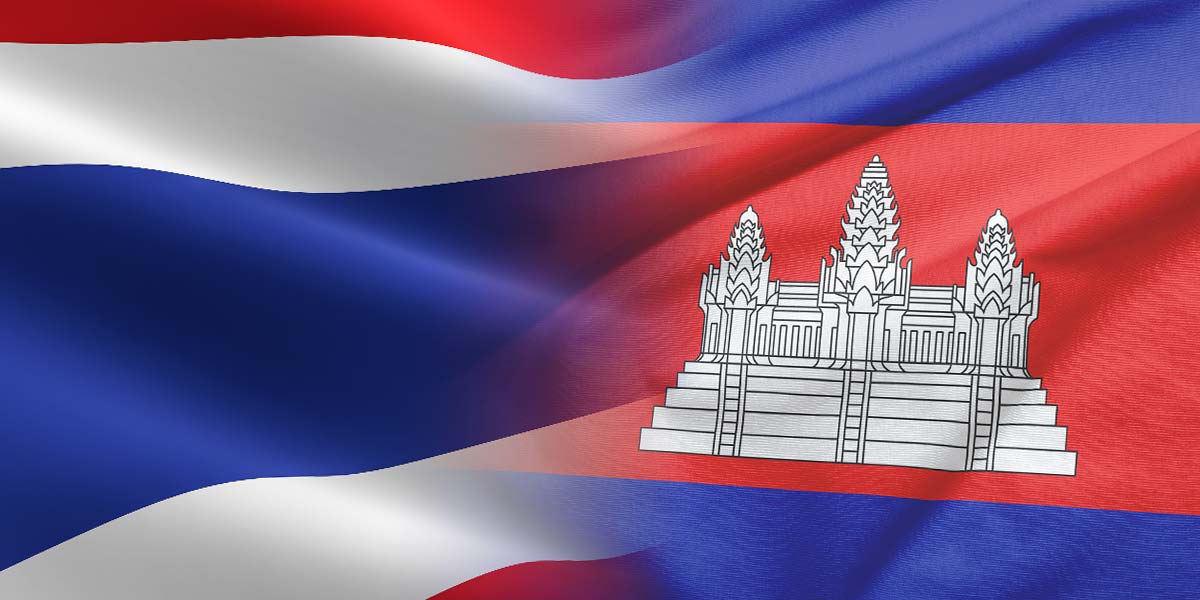Thailand and Cambodia have commenced the withdrawal of heavy weaponry and launched de-mining operations along their disputed border, as the two sides move forward with de-escalation measures after extending a ceasefire agreement last week, Thai officials stated on Monday.
The truce agreement, signed by leaders of both countries in Kuala Lumpur last week and witnessed by the U.S. President Donald Trump, came three months after a deadly five-day border conflict reignited long-standing hostilities.
Thai government spokesman Siripong Angkasakulkiat stated that the release of 18 detained Cambodian soldiers and the reopening of border crossings will remain on hold until Thailand is confident Cambodia is adhering to the new arrangement.
Meanwhile, Rear Admiral Surasant Kongsiri from Thailand’s defense ministry announced in a press briefing that both nations have begun de-mining activities along the border. Thailand has proposed the clearance of mines in 13 locations, while Cambodia has identified one area for similar action.
In a joint statement issued Friday, the two neighbors outlined a three-phase withdrawal of heavy weapons from border zones—starting first with rocket systems, followed by artillery, then tanks and armored vehicles.
The Cambodian defense ministry noted on Saturday that the initial phase of weapon withdrawals, beginning November 1, is expected to span three weeks. Rear Admiral Surasant projected that the process should be finalized by the year’s end.
Beyond military de-escalation, both governments have heightened joint efforts to tackle transnational cybercrime and are prioritizing an urgent campaign to demarcate disputed sections of the border.
The five-day outbreak of violence in July, cited as the deadliest in decades between the two Southeast Asian nations, left at least 48 dead and displaced hundreds of thousands. The initial ceasefire was brokered in Malaysia with U.S. mediation and signed on July 28.





